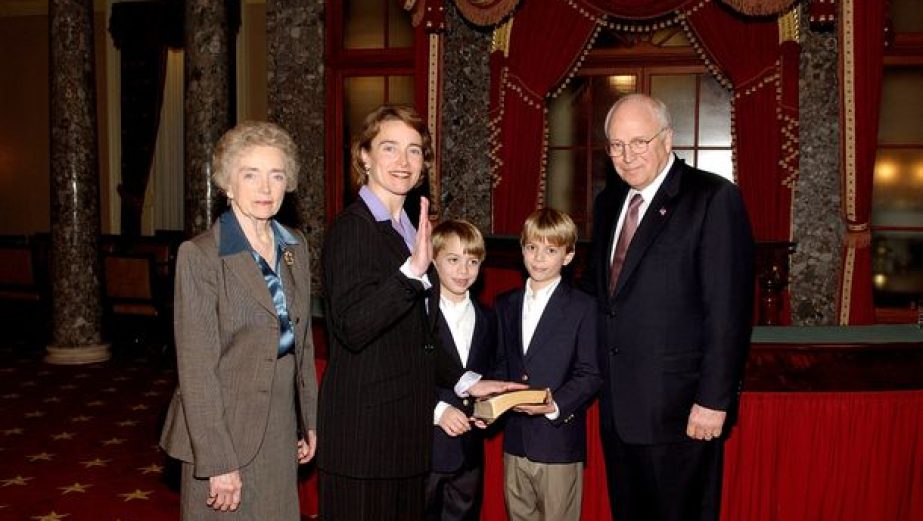Kalshi suffered its first significant setback in a federal court case as the U.S. District Court for the District of Maryland Friday denied the prediction exchange an injunction to block a cease-and-desist order against its sports event contracts in the state.
However, Kalshi is set to appeal the ruling, rather than immediately block its sports contracts in Maryland.
Judge Adam B. Abelson ruled Kalshi “failed to show a likelihood of success” in proving that the merits that the Commodity Exchange Act (CEA) supersedes Maryland gaming laws. Maryland also argued that Kalshi’s contracts did not meet the federal definition of a “swap,” but the court made its ruling “without deciding” on that question.
Kalshi-MD-decisionDoes the CEA ‘preempt the field’?
The state argued that Kalshi’s contracts where users could stake money on the outcome of sporting events were illegal sports wagering under state law. Kalshi acknowledged that the contracts were a form of sports betting, but argued that only the Commodity Futures Trading Commission (CFTC) — not state authorities — could determine the contracts were illegal and shut them down.
Its case centered on the idea that Congress intended the CEA to “preempt the field” of event contract regulation, so that — in Abelson’s words — “when online sports wagers are offered by a company like Kalshi, as opposed to by online sportsbooks like FanDuel or DraftKings, they need not comply with state gaming laws.”
The court noted that the standard to prove that a federal law is meant to preempt all state laws across an entire field is high, with a “strong presumption against preemption.” More than 40 U.S. states and jurisdictions regulate sports betting within their borders.
Abelson wrote that while there is “strong evidence” that the CEA was meant to preempt the field of futures regulation, “that does not necessarily establish that the “field” that Congress intended to ‘occupy’ included gambling.”
In the ruling, Abelson wrote that the text of the law is “ambiguous” on this matter, and so interpretations should look at the “history, drafting, and purpose” of the statute instead. It notes that Congress authorized the CFTC to disallow contracts that are disallowed by state law, which the court argues is proof that the law was meant to stand alongside state laws.
“The fact that Congress expressly authorized the Commission to prohibit particular categories of transactions as contrary to the public interest based on the fact that the conduct at issue would violate state law severely undercuts Kalshi’s suggestion that Congress intended to displace all state laws that would otherwise apply to transactions that fall within the scope of the CEA,” it said.
In addition, the court noted that for Kalshi’s sports event contracts to be permissible, the CEA would also have to override portions of the federal Indian Gaming Regulatory Act (IGRA). A group of 27 federally recognized tribes and seven tribal associations submitted an amicus brief in June focused on the argument that Kalshi’s sports event contracts are in conflict with IGRA.
‘Conflict preemption’ claim rejected, too
The ruling also considered whether the CEA and Maryland’s state gaming laws are so clearly in conflict with one another that the CEA should be assumed as intended to preempt the state laws.
Kalshi argued that Maryland’s gambling laws are in conflict with the CEA because it would prevent the business from offering Marylanders full access to its markets and services, which also include offering contracts on politics, who will attend Hulk Hogan’s funeral, or who will win the Nobel Peace Prize.
Abelson rejected this idea too. He argued that Kalshi would be free to obtain a gaming license like a traditional sportsbook.
“It is Kalshi’s desire not to comply with Maryland law and presumably incur some additional compliance costs — not the existence of Maryland consumer protection laws themselves — that creates the situation Kalshi professes to worry about,” according to the ruling. “So long as Kalshi obtains a license and complies with Maryland sports gambling laws, those laws would not pose an obstacle to Kalshi making the sports gambling portion of its platform available to users in Maryland.”
Determining that Kalshi was unable to prove a likelihood of winning the case on the merits, Abelson denied the prediction market’s request for an injunction.
Kalshi will appeal
The decision is a break from federal district court rulings in New Jersey and Nevada, where courts granted Kalshi injunctions to continue offering sports event contracts. The prediction market had argued that Abelson should follow the decisions of those two courts.
Abelson’s decision addressed the other two rulings, arguing that the courts in New Jersey and Nevada “ended their analysis” after determining that the CEA was intended to preempt a field, without determining whether that field included gambling.
Kalshi was quick in announcing that it will appeal the decision.
“We are disappointed with the court’s decision and will move for an immediate stay and appeal the ruling. We are on the right side of the law, and ultimately expect to prevail in this fight,” a spokesperson told InGame.
To escalate the case, Kalshi would appeal to the Fourth Circuit Court. A different federal appeals court — the Third Circuit — is currently considering an appeal by New Jersey against the injunction granted to Kalshi blocking the enforcement of its own cease-and-desist order.
The Court will hold a status conference at 11 a.m. on Aug. 7, via Zoom. The conference will allow the judge and both legal teams to discuss next steps.





